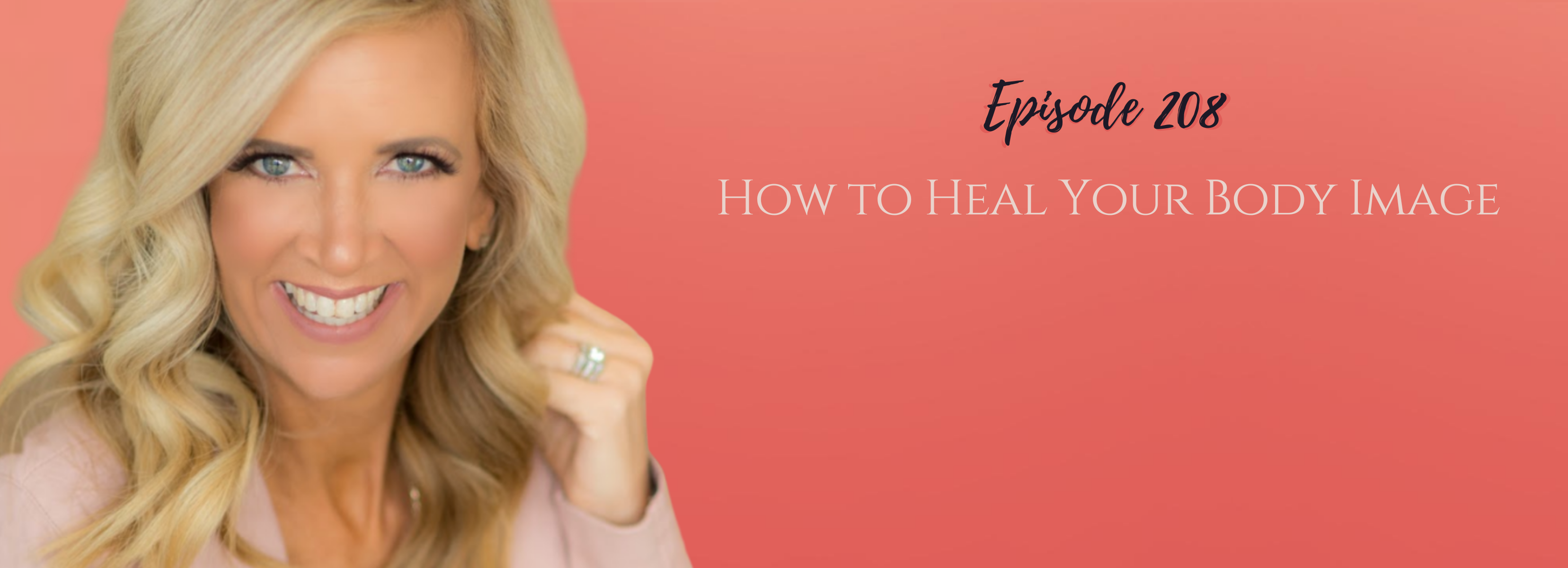
Heal Your Body Image with Victoria Albina| 4.12.2023
In this episode, Kristen talks with returning guest, Victoria Albina, a holistic nurse practitioner, master-certified life coach, and breathwork facilitator, about some of the factors influencing body image, how trauma affects body image and some helpful tips if you're struggling with body image issues.
You'll Learn
- How body image keeps you stuck in life
- The root causes and impact of body image and how to cope with them
- The relationship between body shaming and body image
- The importance of being present in your body and changing the narratives you have about your body
Resources
For counseling services near Indianapolis, IN, visit www.pathwaystohealingcounseling.com.
Subscribe and Get a free 5-day journal at www.kristendboice.com/freeresources to begin closing the chapter on what doesn’t serve you and open the door to the real you.
Subscribe to the Close the Chapter YouTube Channel
This information is being provided to you for educational and informational purposes only. It is being provided to you to educate you about ideas on stress management and as a self-help tool for your own use. It is not psychotherapy/counseling in any form.